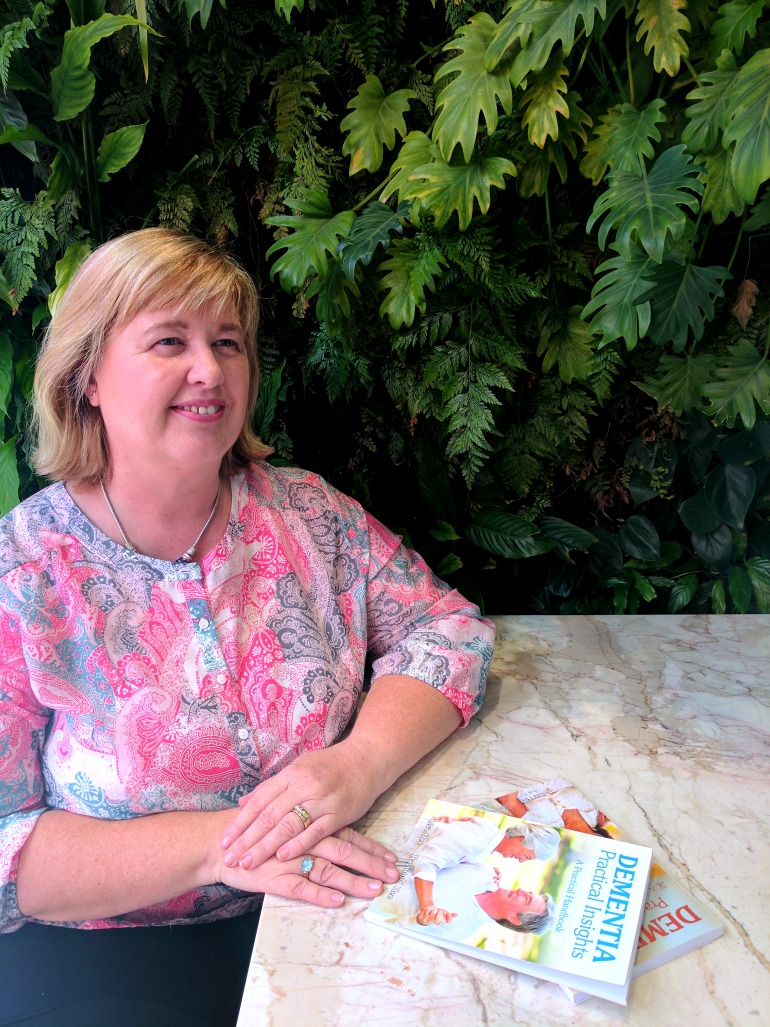In sickness and in health; how an aged care facility can help your marriage

When is it time to put a loved one into an aged care facility?
It can be a very tough decision to make, but the reality is, it is not always a choice.
Sometimes the doctor will advise the move for any number of reasons, but it could be a safety issue if one person experiences frequent falls, other medical issues like dementia or incontinence, or if the carer’s health if also suffering and they are no longer physically able to take on the carer role.
Lisa Hee, the Director of Healthy Ageing and Dementia programs at CQUniversity said it was a very emotional time for families who often experience a mix of disappointment and guilt over the decision.
“They feel they are doing the wrong thing and letting their loved ones down,” Lisa said.
“A lot of them refer back to their wedding vows.”
But doing the right thing when it comes to ‘in sickness and in health’, and the safety of their loved one, is part of those vows, and it could be that the right thing is professional care.
The good news is, once the decision is made your loved one will be getting all the care they need. There is no guilt in that.
And they are going to be getting wonderful care at that, with facilities in Australia needing to comply with very stringent accreditation.
Lisa, who has co-authored the book Dementia Practical Insights, and also runs Elite Health Care Australia, a training and management service for aged care facilities and individuals, believes you loved one will be in great hands in aged care.
She had not only worked in many of these facilities, she has worked with them to make sure they are providing the best care they can.
“Australia has the most advanced age care system in the world,” Lisa said.
Even though you can be sure your loved ones are in professional care Lisa warns it can take a while of adjustment for families to deal with the decision.
To help, Lisa advises
To help Lisa advises to keep the connection with their loved one within the context of their new situation.
“They are still a married couple and as they become satisfied with the care their loved one receives, they can relinquish the predominantly carer role and return to their spousal role, connecting on an emotional and social level when they visit,” Lisa said.
“Despite this their concerns with guilt and doubt may never disappear but if they allow their connections as a married couple to continue, despite in different physical environments they will feel more comfortable.
“The transition process is slow, so take your time to adapt as you find yourself in new surroundings when you visit your loved one.”
For the person going into a facility they often accept the decision quicker than the loved one still at home.
They will find it more social, as they are no longer housebound, as is often the case.
They may even take up new interests or rediscover old ones.
“It is a relief for the person at home because there is less guilt for them when they discover they can go and do things too.”
While it may be hard to hand over the role of carer to staff at the aged care facility, it gives an opportunity for couples to go back to the relationship they had before being a carer took over.
That in itself can mean more quality time together again.
Planning special dates, reminiscing over good times, joining in together on activities at the facility are all valuable ways to rekindle a marriage without worry about medical and physical issues.
“It enables them to just be husband and wife again.”

Lisa offers these tips for the transition of a loved one going into care:
- Be comfortable with the facility. Do your research on the the facility so you can feel they are always in good hands.
- Realise you are not the only one feeling the way you do.
- Find someone to talk to. It can be a support group, family members or other residents, staff at the facility or a close friend.
- Be open with your family. Don’t hide the facts from your children and other family members. They need to understand what is going on.
- Do some research. Learn as much as you can about dementia, or any other medical conditions, as there will be constant changes going on in their life.
- It can be like living in two worlds, but don’t think of it as a negative. It is not so different to a work life and a home life.
READ MORE: The signs of dementia and what they could really mean








 Proudly Australian owned and operated
Proudly Australian owned and operated